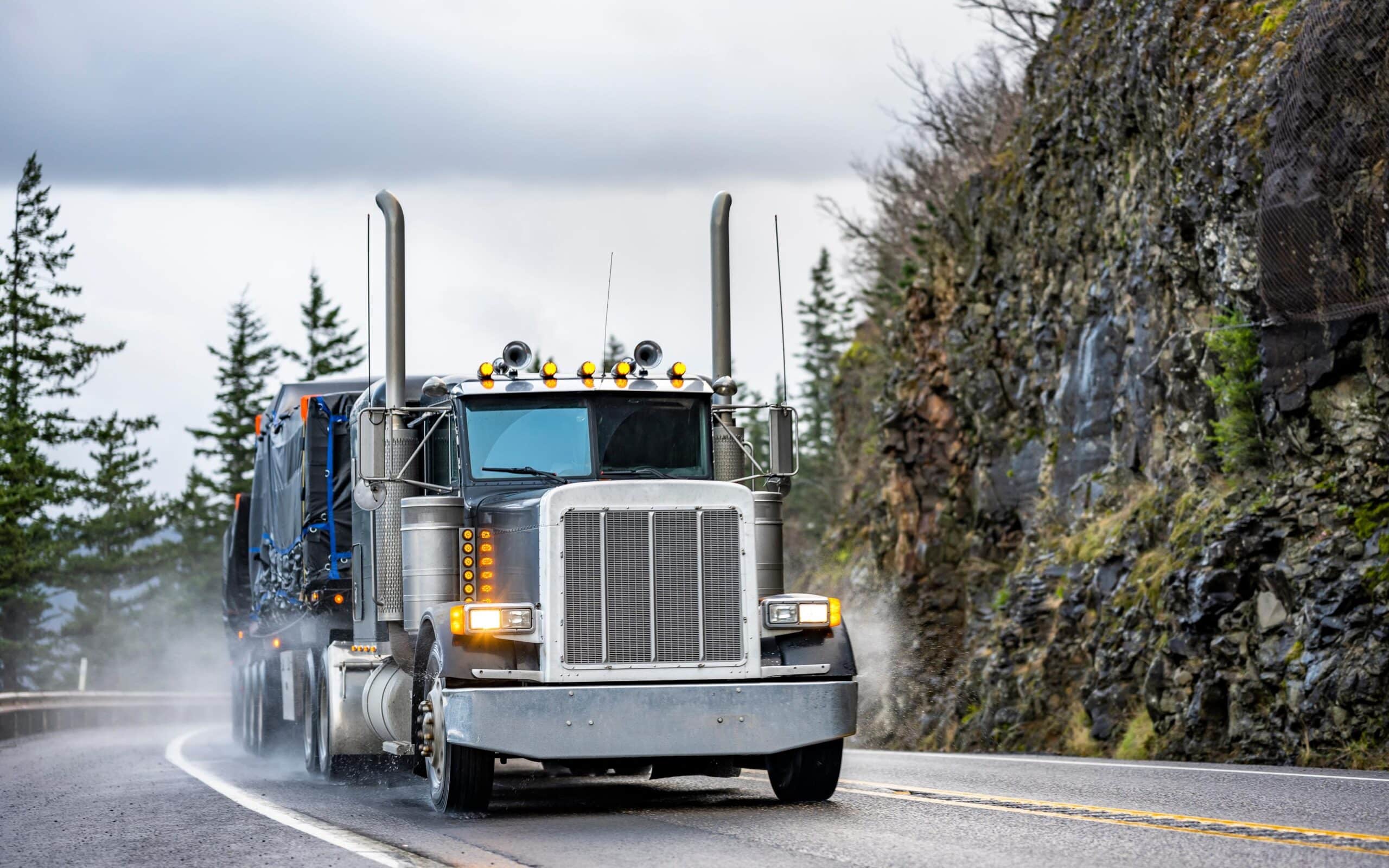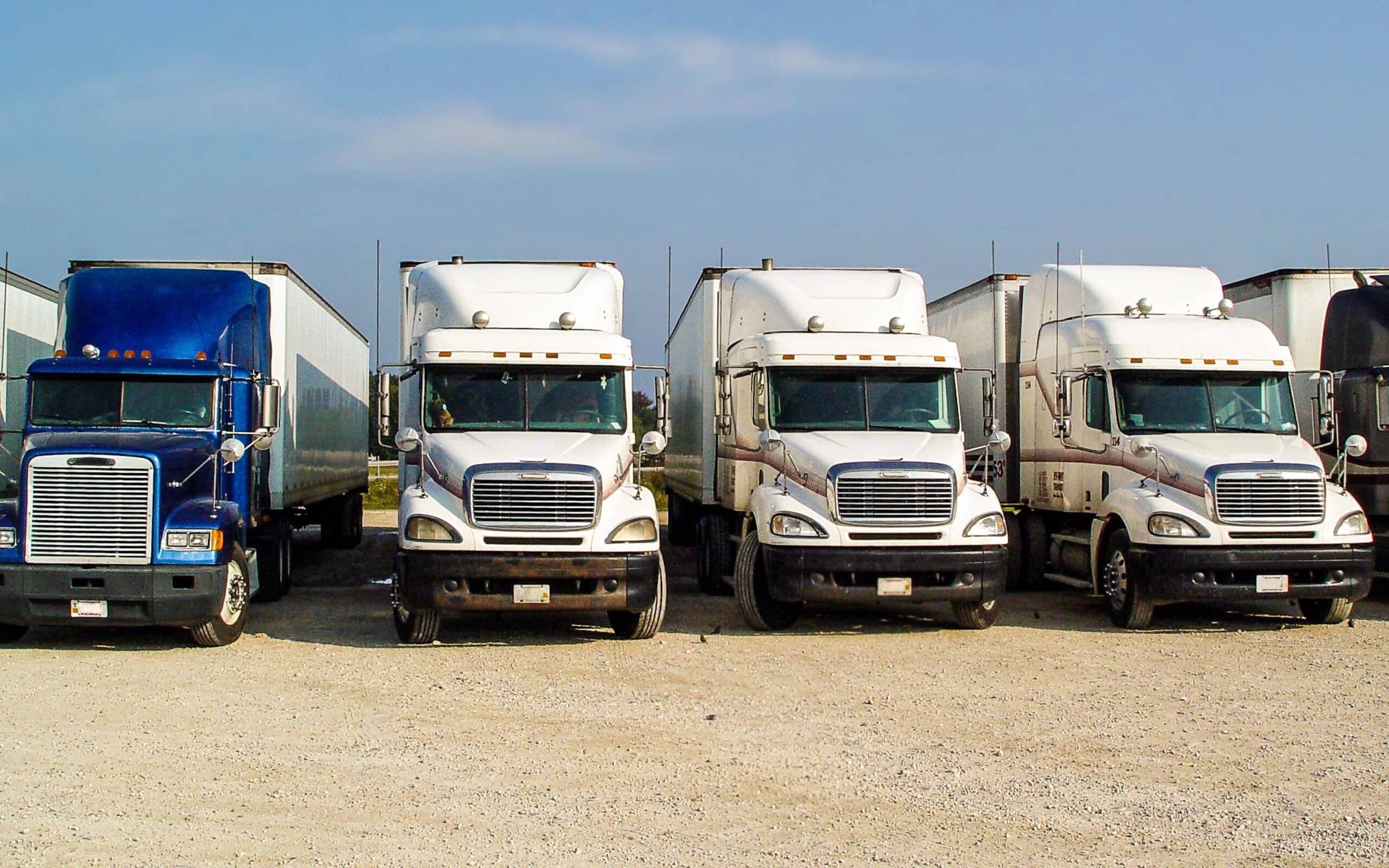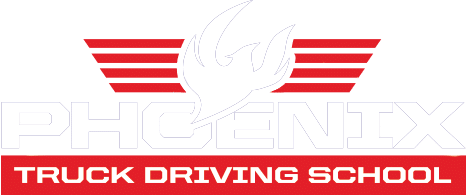When you think of a long-lasting trucking career, your first thought might be experience behind the wheel. But health plays a bigger role than many realize. For truck drivers, physical fitness isn’t just about looking good—it can directly affect how long they’re able to stay in the industry. From meeting medical requirements to handling the demands of long hauls, fitness often shapes both career length and quality of life on the road.
So, is there a real connection between truck driver fitness and career longevity? Let’s explore how health impacts a trucker’s ability to work safely and successfully.
Why Does Health Matter So Much in Trucking?
Truck driving is a unique job that requires both mental focus and physical endurance. Drivers spend hours sitting, which can lead to health issues like weight gain, back pain, or poor circulation. Add in long shifts, irregular sleep schedules, and limited access to healthy food, and the risks multiply.
Good health allows drivers to:
- Stay alert behind the wheel.
- Pass Department of Transportation (DOT) physicals.
- Reduce injuries from lifting, climbing, or unloading.
- Maintain a steady income by avoiding downtime caused by illness.
In short, staying fit isn’t optional—it’s a critical part of keeping your trucking career on track.
How Can Fitness Extend a Trucking Career?
The connection between fitness and career longevity is simple: healthier drivers often stay in the industry longer. Meeting DOT medical requirements is one part of it, but fitness also improves everyday performance. A strong body can handle long hours of driving, while good nutrition and rest boost mental clarity.
When truckers focus on exercise, balanced meals, and regular sleep, they’re less likely to face chronic conditions like high blood pressure, diabetes, or heart disease. Avoiding these health challenges not only extends careers but also helps drivers enjoy life outside of work.
What Challenges Make Fitness Hard for Truck Drivers?
The road lifestyle makes fitness harder than in most professions. Limited access to gyms, long hours behind the wheel, and the temptation of fast food all work against healthy choices. Fatigue and stress also make it harder to stick to routines.
Still, truckers can overcome these barriers with small changes. Walking at rest stops, packing healthy snacks, and stretching daily can make a big difference over time. Even modest improvements in fitness can pay off with better health and a longer career.
Why Does Career Longevity Benefit Truck Drivers Financially?
Staying healthy doesn’t just impact physical well-being—it affects finances too. The longer a driver can remain in the industry, the more stable their income becomes. Experienced drivers often have access to higher-paying routes, better benefits, and more flexible schedules. By protecting their health, truckers also protect their long-term earning potential.
Build a Long and Healthy Career in Trucking
The answer to “Is there a connection between truck driver fitness and career longevity?” is a clear yes. Health and career length are deeply connected, and even small lifestyle changes can help drivers stay on the road longer, safer, and with more financial stability.
At Phoenix Truck Driving School, we don’t just prepare you for the CDL exam—we also set you up for success in every part of your trucking career. Our experienced instructors teach skills that keep you safe and confident on the road, helping you build a career that lasts. Start your journey today with training that supports both your future and your well-being.
Call us now at (888) 249-3883 to enroll and take the first step toward a healthier, longer trucking career.
Frequently Asked Questions
How does physical fitness impact DOT medical exams for truck drivers?
Fitness helps drivers meet the medical standards required to keep their CDL, such as healthy blood pressure and controlled weight.
Can truck drivers exercise while on the road?
Yes. Many drivers use rest stops, parking lots, or even simple cab workouts to stay active during long hauls.
What are the biggest health risks for truck drivers?
Common risks include obesity, sleep apnea, heart disease, and diabetes, all linked to sedentary lifestyles and irregular schedules.
Does better health improve safety on the road?
Absolutely. Fit drivers are more alert, less fatigued, and better able to handle the physical demands of trucking.
How can new drivers prepare for a healthier career in trucking?
By starting with balanced habits early, like meal planning, stretching, and consistent sleep, new drivers set themselves up for long-term success.















